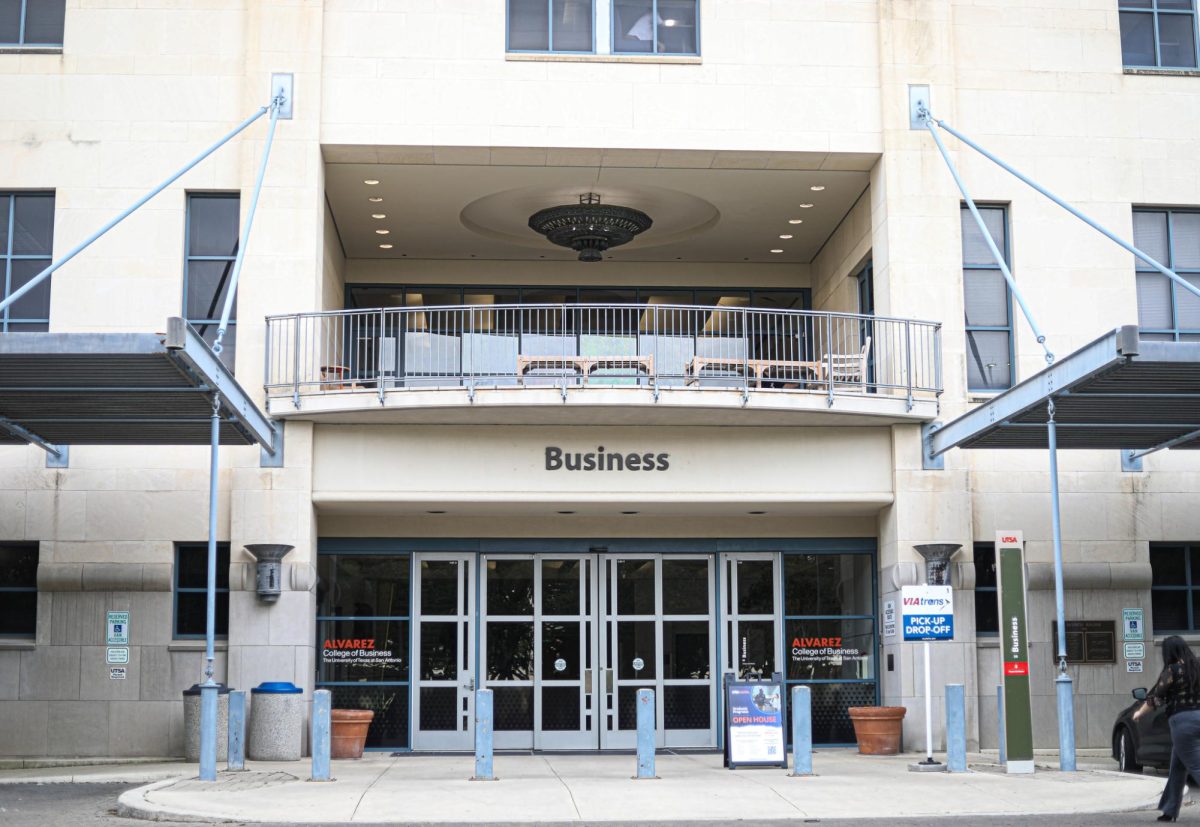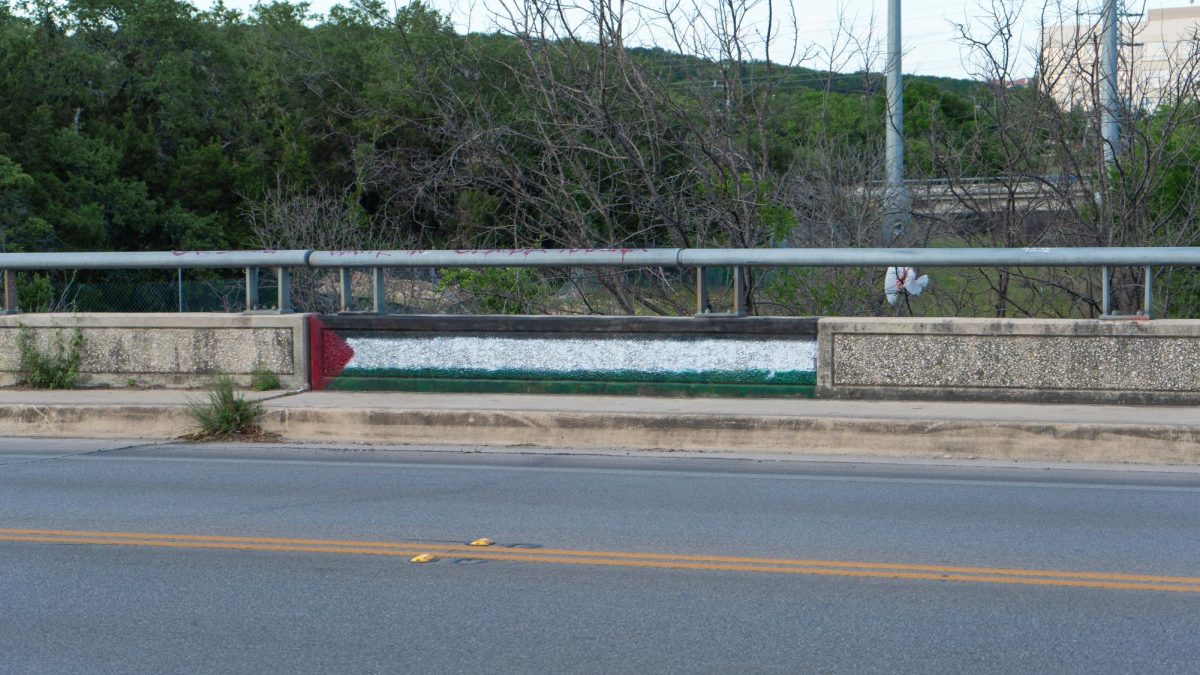
UTSA junior Victor Hernandez-Jayme was awarded second place in the 2012 Elie Wiesel Prize in Ethics Contest for his essay, “The Uniformed Merchants of Death.” First place went to University of North Carolina student, Sarah Ransohoff, for her essay, “The Ethical Issues of Energy Dependence: Slavery in 1850s, America and Oil Today.”
Hernandez- Jayme is only the second student from Texas to win one of the first three places in the prize’s more than 20 years of existence.
The nation-wide contest is sponsored by The Elie Wiesel Foundation for Humanity, founded in 1989 by Auschwitz survivor and Nobel Peace prize winner, Elie Wiesel. Each year, the foundation invites college juniors and seniors to submit essays relating to the world’s most “urgent ethical issues.”
The Prize in Ethics is considered one of the top 10 most prestigious scholarships in the country, according to CBS News.
As the second-place winner, Hernandez-Jayme will travel to New York City this September to receive a cash prize from Elie Wiesel. For the same essay, Hernandez-Jayme also won the Writing Center’s Writing Across the Curriculum Scholarship for 2012.
“I am truly honored. I’m a big fan of Mr. Wiesel’s work. I didn’t expect such a triumphant and surprising ending. I’m without words,” Hernandez-Jayme said.
Hernandez-Jayme’s essay analyzes how illegal drug-use in America directly impacts the people of Mexico, a country ravaged by violence and exploitation at the hands of the Mexican drug cartels. Born and raised in Mexico, Hernandez-Jayme arrived in Texas in 2010 and was immediately struck by the “appalling lifestyle” of drug use in the U.S.
“This is a very important topic to me,” Hernandez-Jayme said. “Most people don’t know about the consequences of using drugs without knowing their precedence. It baffled me. American consumers who buy their drugs without knowing where they come from are fostering tremendous violence.”
The ethical issue raised in Hernandez-Jayme’s essay is accountability. In his essay, Hernandez-Jayme describes the drug trade between Mexico and the U.S. as “rivers of money” that finance the drug cartels who “perpetuate a devastating war that threatens the lifestyle of millions people in the neighboring country of Mexico.”
Through first-hand accounts of the daily violence and intimidation perpetrated by warring cartels in his hometown of Torreón, Hernandez-Jayme wrote, “The mindless consumerism that is behind the acquisition of drugs enforces suffering and injustice.”
Hernandez-Jayme is majoring in business administration and English literature and serves as an editor for the UTSA independent newspaper, The Paisano. Also, on an unrelated grant, Hernandez-Jayme will attend Harvard University under a sponsorship by a private donor for the summer 2012 semester.
“Say we are talking about a college student who smokes weed; most drug consumers either don’t know about the violence they are fostering, or they don’t care. I like to believe that most of them don’t know,” Hernandez-Jayme said. He is also one of the founders of American and Mexican Initiative for Global Objectives towards Society (A.M.I.G.O.S.), an “organization devoted to raise awareness about the social effects of drug consumption.”
Established in 1986, The Elie Wiesel Foundation for Humanity is dedicated to raising awareness of “intolerance and injustice through international dialogue and youth-focused programs that promote acceptance, understanding and equality.”
For more information on The Elie Wiesel Foundation for Humanity and to read Hernandez-Jayme’s essay visit www.eliewieselfoundation.org/2012prizewinners.aspx.











